trending
neon
Cirque du Soleil offers summer ticket deals
dining out
Celebs ditch the Strip for iconic Henderson restaurant
july 
trending
neon
Cirque du Soleil offers summer ticket deals
dining out
Celebs ditch the Strip for iconic Henderson restaurant
july 

The Committee on Foreign Investment in the United States (CFIUS) has introduced stricter regulations targeting investments from specific countries, citing national security concerns




The Committee on Foreign Investment in the United States (CFIUS) has introduced a series of stringent measures aimed at restricting investments from certain foreign countries. These new rules, implemented to safeguard national security, are expected to significantly impact foreign direct investments (FDI) and international business operations in the United States.
The decision comes in response to growing concerns over foreign entities acquiring U.S. businesses in sectors critical to national security, such as technology, infrastructure, telecommunications, and data security. The new regulations seek to enhance oversight and reduce risks posed by investments linked to adversarial nations.
CFIUS is an interagency committee led by the U.S. Department of the Treasury, tasked with reviewing transactions involving foreign investment in U.S. businesses. Its primary role is to assess whether such investments pose a risk to national security.
In recent years, CFIUS has strengthened its oversight, particularly following the Foreign Investment Risk Review Modernization Act (FIRRMA) of 2018, which expanded its authority. The latest regulatory changes further enhance the committee’s ability to scrutinize investments from specific countries, limiting their access to key sectors of the U.S. economy.
The newly implemented restrictions include:
Expanded List of Restricted Countries CFIUS has broadened the list of countries subject to heightened scrutiny, focusing on nations deemed potential threats to U.S. national security. While the list is not publicly disclosed in its entirety, sources indicate that China, Russia, Iran, and North Korea are among those facing increased restrictions.
Increased Oversight on Technology and Data Investments in companies that deal with artificial intelligence (AI), cybersecurity, semiconductors, biotechnology, and quantum computing will face stricter screening. Given the increasing importance of these technologies, the U.S. government is prioritizing measures to prevent sensitive data and intellectual property from being accessed by foreign adversaries.
New Mandatory Filing Requirements Certain transactions involving foreign investors will now require mandatory filings with CFIUS before they can proceed. This is especially relevant for deals involving critical infrastructure, advanced technology, or companies handling sensitive personal data.
Real Estate Restrictions Near Military Installations The U.S. government has also expanded real estate purchase restrictions near military bases and key infrastructure. This aims to prevent foreign entities from acquiring land that could be used for surveillance or other security threats.
Stronger Enforcement and Penalties The new rules grant CFIUS greater enforcement power, including hefty fines and legal action against companies that attempt to bypass review requirements. Companies found violating the new regulations could face fines amounting to millions of dollars, forced divestment, or even criminal prosecution.
These restrictions could lead to a decline in foreign direct investment (FDI) from restricted nations, particularly in high-tech and infrastructure sectors. Countries such as China, which has historically invested heavily in U.S. tech startups, real estate, and manufacturing, may find it increasingly difficult to secure approvals for deals.
U.S. companies that previously relied on foreign capital for expansion may face challenges in securing funding, particularly in industries like biotech, AI, and green energy, where foreign investors play a key role. This could slow down innovation and expansion for startups and tech firms reliant on international financing.
As a result of the new rules, U.S. businesses may pivot toward domestic investment sources or seek partnerships with allied nations such as Canada, the UK, the European Union, Japan, and Australia, where restrictions are less severe.
U.S. Secretary of the Treasury Janet Yellen stated, "These updated CFIUS regulations are necessary to protect U.S. national security while maintaining an open investment environment. The changes ensure that adversarial nations cannot exploit our economy to gain access to sensitive technology and data."
Industry Leaders Express Concerns However, business leaders have raised concerns that these new rules could make the U.S. less attractive for foreign investment, potentially slowing economic growth.
According to John Chambers, former CEO of Cisco, "While national security is a top priority, we must ensure that these new restrictions do not discourage legitimate investments that drive innovation and job creation."
Chinese officials have strongly criticized the new restrictions, calling them protectionist measures aimed at curbing China’s economic growth. The Chinese Ministry of Commerce issued a statement condemning the move, saying, "The U.S. continues to politicize economic issues and restrict Chinese enterprises under the pretext of national security. These actions violate free trade principles and harm global economic stability."
Similarly, Russia’s government denounced the decision, arguing that the U.S. is using CFIUS to block competition from Russian companies in the energy and defense sectors. The Russian Ministry of Economic Development stated, "Washington’s restrictive measures only serve to undermine trust in global trade and create unnecessary geopolitical tensions."
As these new rules take effect, experts predict that:
The Committee on Foreign Investment in the United States (CFIUS) has introduced stricter regulations targeting investments from specific countries, citing national security concerns
the latest

CFIUS Tightens Rules on Foreign Investments in the U.S
The Committee on Foreign Investment in the United States (CFIUS) has introduced stricter regulations targeting investments from specific countries, citing national security concerns
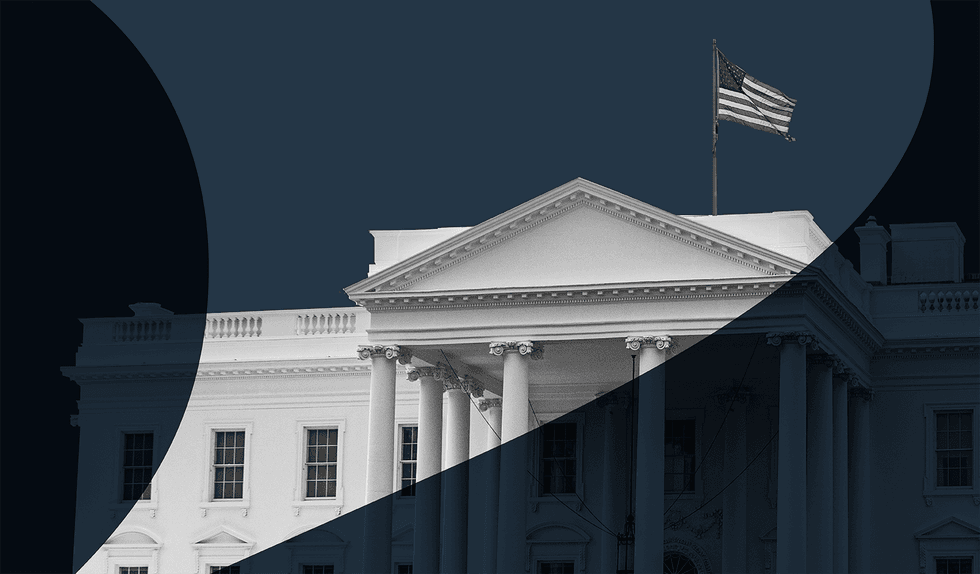
White House Releases 'America First Investment Policy' Memo
The White House has unveiled its latest initiative, the 'America First Investment Policy' memo, outlining strategies to attract foreign capital while prioritizing domestic industries. The policy aims to enhance job creation, boost American businesses, and redefine trade relations to favor U.S. economic interests
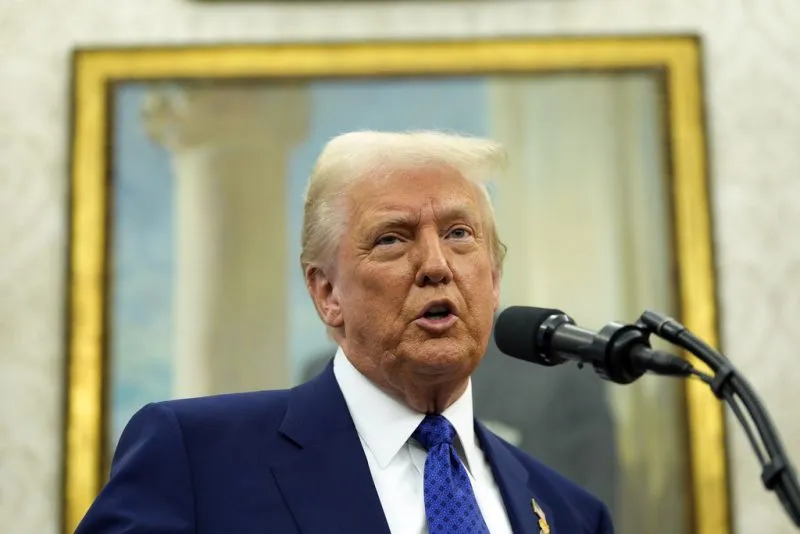
Trump's Tariffs Unleash Investor Uncertainty: Next Steps
Former President Donald Trump's latest round of tariffs has sent shockwaves through global markets, leaving investors grappling with increased uncertainty. With businesses facing higher costs and trade tensions escalating, analysts weigh in on the long-term implications for industries, financial markets, and economic stability
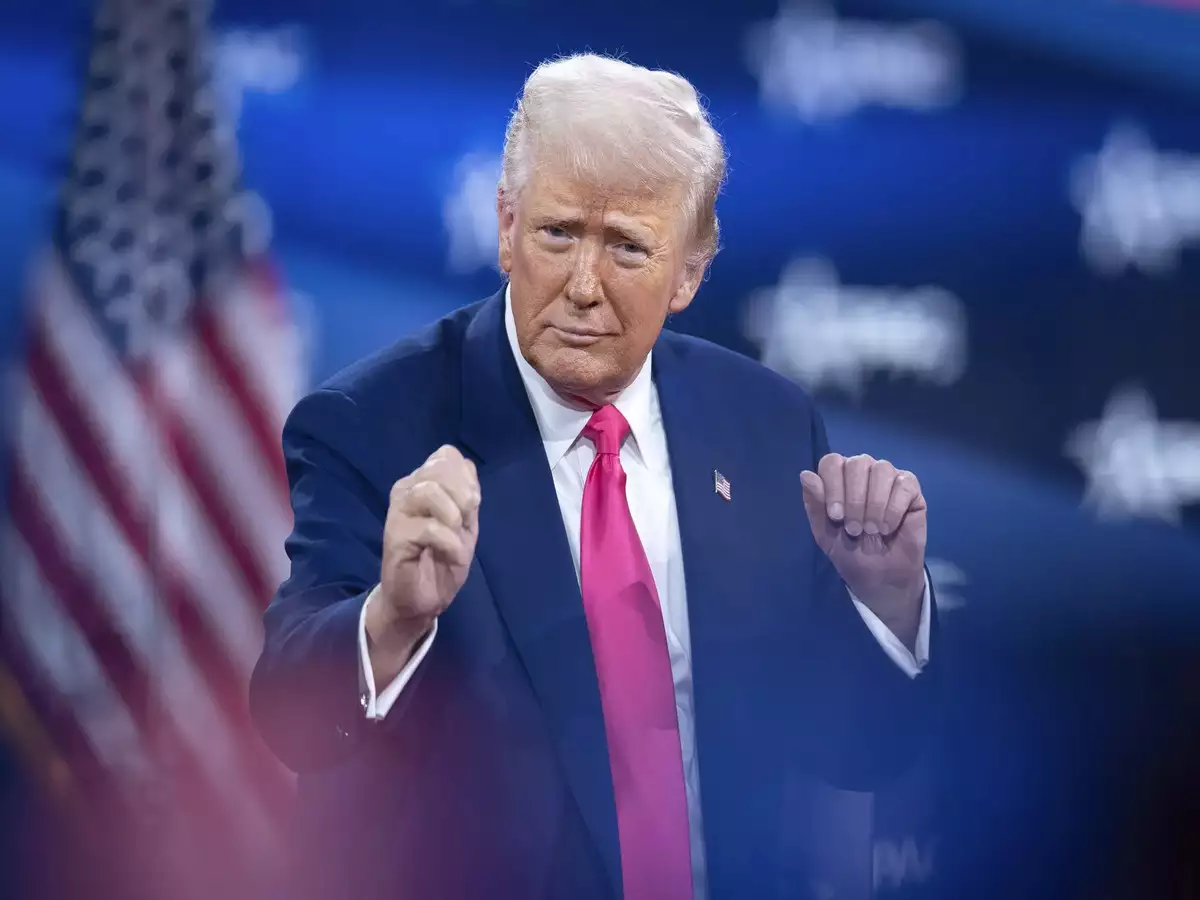
Trump's Red Carpet Plan for Wealthy Foreign Investors
Former President Donald Trump is pushing a new visa policy that offers wealthy foreign investors a fast-tracked path to U.S. residency. The plan, dubbed the "Gold Card" visa, requires a $5 million investment in key industries but faces criticism for favoring the ultra-rich
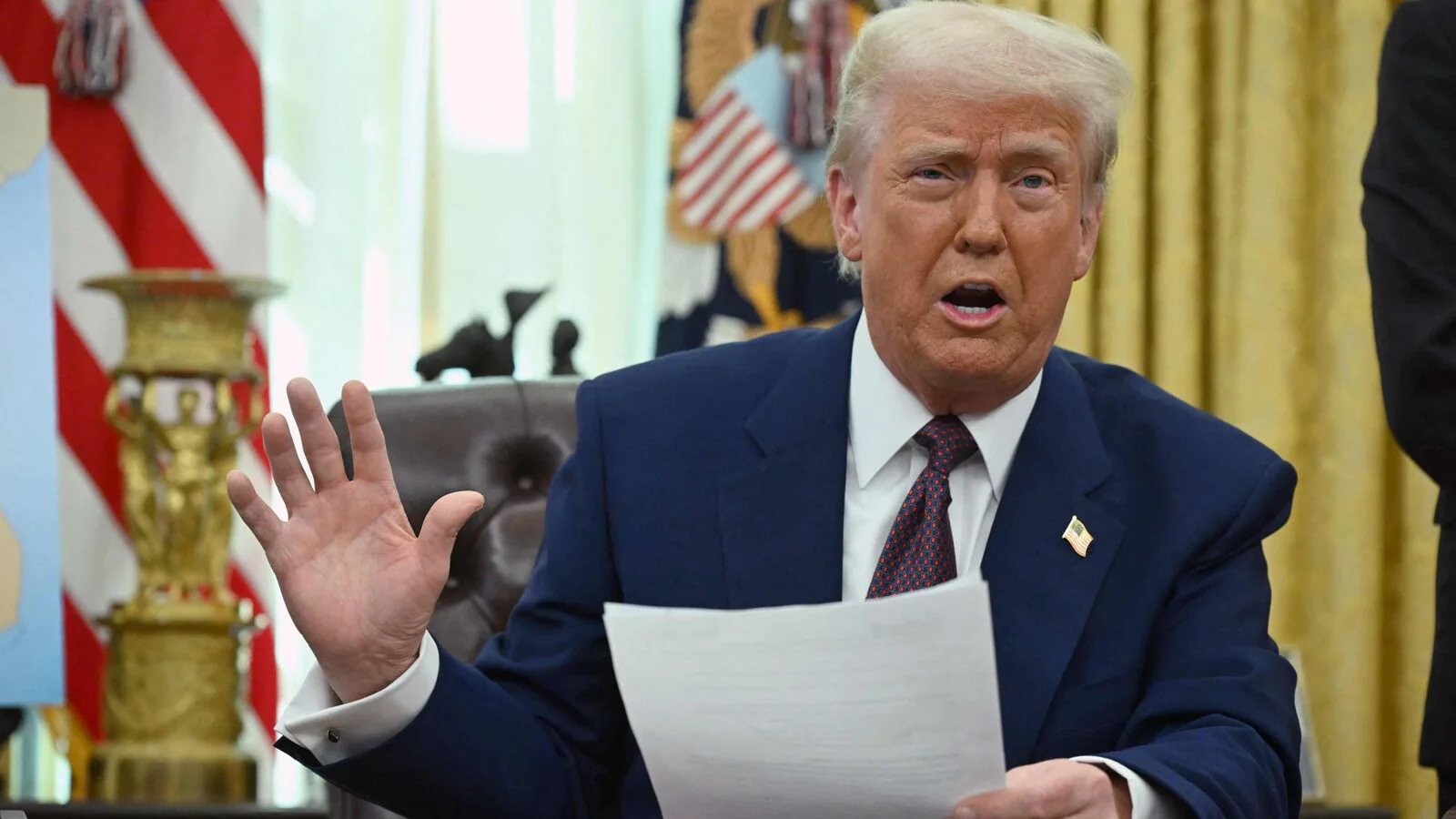
How Trump’s $5M ‘Gold Card’ for Rich Migrants Works
Donald Trump’s proposed $5 million "Gold Card" visa seeks to fast-track residency for wealthy investors, aiming to boost the U.S. economy through capital inflows

Details Emerge on Trump’s $5M ‘Gold Card’ Visa Plan
Donald Trump’s proposed $5 million "Gold Card" visa seeks to attract high-net-worth individuals to the U.S., promising economic growth and investment opportunities
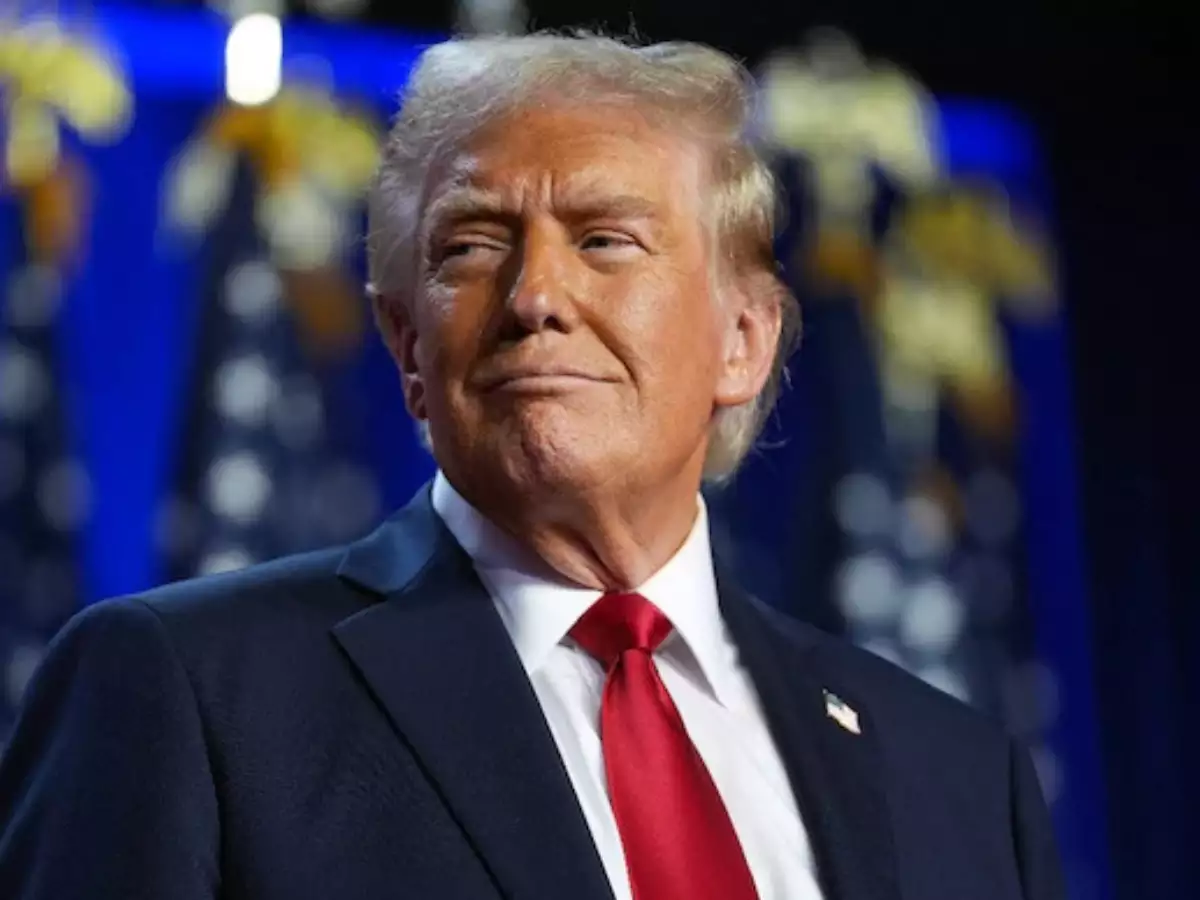
Investing Amid Volatility in Trump’s Second Term
As Donald Trump begins his second term, market volatility remains high. Investors are looking for strategies to navigate economic uncertainties and capitalize on policy shifts

Why U.S. Stocks Are Still a Smart Investment
U.S. equities continue to outperform, driven by strong earnings, economic resilience, and innovation. Investors remain bullish on long-term market growth

Stock Market Trends: The Impact of U.S. Investment Regulations
U.S. investment regulations play a crucial role in shaping stock market trends. This article explores the impact of regulatory changes on investor behavior, market volatility, and long-term market outlook